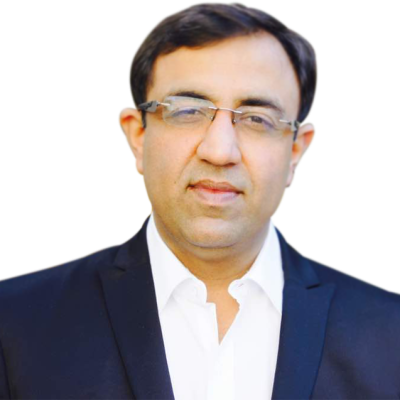If you need to undergo a dental treatment but you are afraid , conscious sedation will help you to face the procedure with maximum relaxation, without nerves or anxiety.

The conscious intravenous sedation allows to undergo dental, even extensive or complex interventions, in a pleasant and stress, without the side effects or take the risks of a procedure full anesthesia.
In our dental clinic in Kirti Nagar, New Delhi we have been offering this technique to our patients for many years and that is why we have the necessary experience to explain the indications and benefits of it.
What is conscious sedation
The conscious sedation is to take the patient to a controlled state of depressed consciousness by using drugs, while keeping intact the reflections of the same, with the advantages that this entails.
That is to say, the patient is able to respond to verbal stimuli (something very useful if their collaboration is required during the treatment), eliminates the sensation of restlessness and produces a slight amnesia that will make the patient not remember with accuracy the particularities of the procedure.
Endodontics Oral surgery Dental Aesthetics Dental implants Pediatric Dentistry Orthodontics Periodontics Dental prostheses
Two great benefits of this treatment
Thus, the two fundamental effects of conscious sedation become two of its great benefits; On the one hand, the elimination of feelings of tension and restlessness make dental intervention a pleasant and pleasant experience. On the other hand, amnesia prevents the patient from remembering in detail the time of the intervention that could generate apprehension and more tension in the future. All this is achieved while the patient is able to interact with the specialist during the process.
In addition, it contributes to analgesia, since it acts by enhancing local anesthetics, and at the same time minimizes the patient’s behavior -movement and resistance- that hinder treatment, all with minimal side effects.
These effects have made conscious intravenous sedation have several indications in dentistry and its use is increasing. A fundamental indication is that of applying sedation to facilitate, both the patient and the professional, the performance of long and / or complicated procedures.
Conscious sedation is increasingly popular during implant placement , since its application, together with local anesthesia, guarantees the patient’s well-being and eliminates the anxiety generated by undergoing a process known by him.

Intravenous conscious sedation applied to dental implants
Among the advantages of conscious sedation applied to the world of Implantology , it is worth noting the convenience of performing all implants in a single session and with no pain, making the treatment a shorter and more pleasant experience.
In cases of complete oral rehabilitation over multiple implants, a process characterized by its long duration, the placement of dental implants with conscious sedation is especially useful and advantageous.
Conscious sedation is also useful to perform to combat the phobia of the dentist.
Dentophobia or dental phobia is a relatively widespread phenomenon, which consists in feeling an irrational and continuous fear of going to the dentist. Thanks to the method of conscious sedation, this unjustified fear is combated.
The danger of suffering from this phobia is that it can lead to worsening of oral problems, because the patient refuses to go to a professional who treats them. It is important to consider alternatives to face this problem.
Similarly, conscious intravenous sedation is very useful in non-collaborating patients, such as children or patients with psychological disorders. Sedation allows these patients to perform multiple dental procedures in a single session with adequate precision and without danger to the patient.
Conscious sedation is always performed by an anesthesiologist. At our dental clinic in Kirti Nagar, New Delhi we collaborate with Dr Akash Sachdeva, an anesthetist with extensive experience in intravenous conscious sedation applied to dentistry .
Before undergoing conscious sedation, the patient must be evaluated by the anesthesiologist, who will request the relevant analyzes to ensure that the patient will not be at risk. In addition, the patient must know some mandatory requirements, such as going on an empty stomach and respecting the periods of fluid intake and abundant meals once the intervention is over.
In conclusion, conscious sedation has proven to provide great advantages to specialists in dentistry, especially in the world of oral surgery and implantology, and its implementation is now frequent in the best dental clinics in Valencia.


